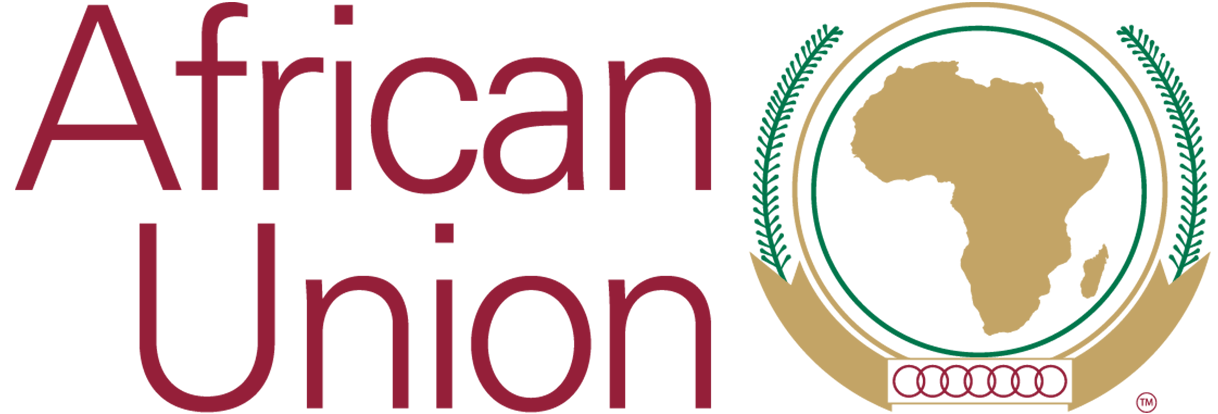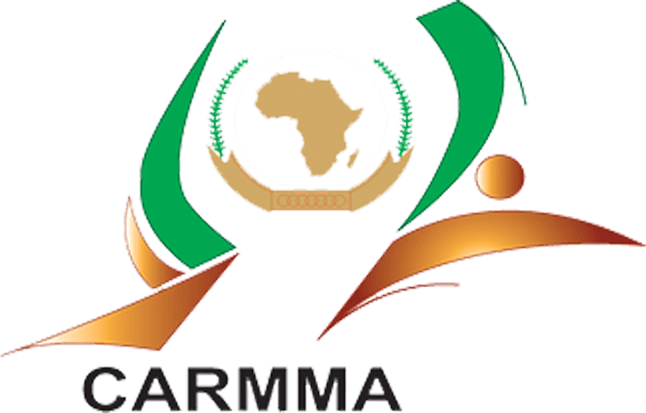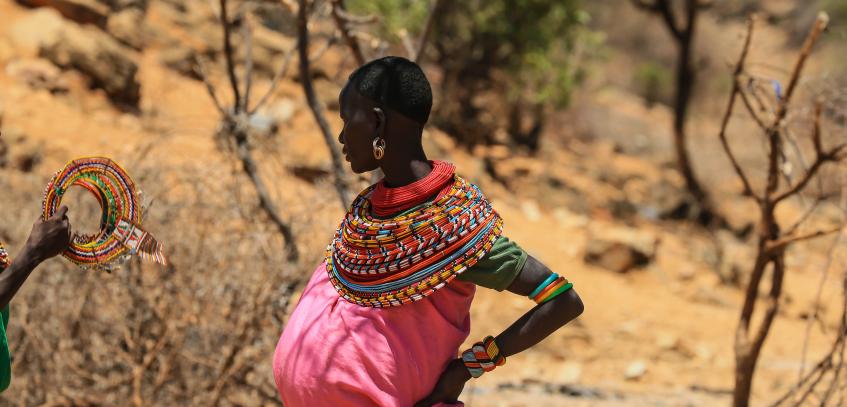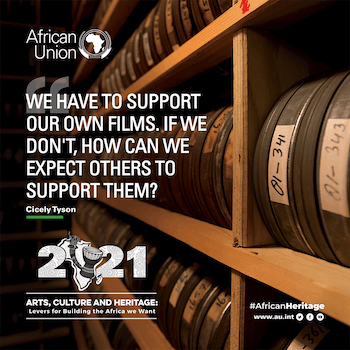The Campaign on Accelerated Reduction of Maternal, Mortality in Africa (CARMMA) has been making strides in promoting and advocating for renewed and intensified implementation of the 2006 Maputo Plan of Action (MPoA) to reduce maternal, newborn and child mortality by improving health outcomes for women and children in Africa (Assembly/AU/Decl.1(XI)). The evaluation of the campaign was undertaken in 2019 to determine the relevance, appropriateness, effectiveness, efficiency, impact and sustainability of the campaign. The evaluation reveals that member states that embraced the campaign at the highest political levels made significant improvement in their maternal, newborn, child and adolescent health (MNCAH) indicators.
Following consultations held with partners and Regional Economic Communities (RECs) to review the 10-year evaluation (2009-2019) report, the recommendations provided are now informing strategies for re-strengthening the campaign 2021-2030. In shaping the pathway for the next phase of the campaign, the Commission organized more virtual consultations with the African Union recognized RECs and partners on the draft proposal to re-strengthen CARMMA (2021-2030) and its draft Accountability Partnership Framework. The consultative meetings sought to determine ways to strengthen the CARMMA campaign and to articulate the roles of the African Union Commission recognized RECs and partners in ensuring that all preventable maternal deaths end by 2030. The partners and key stakeholders had an opportunity to provide suggestions, comments and recommendations on how to design the second phase of the CARMMA campaign. The next phase of implementation will focus on unfinished Millennium Development Goals (MDGs) health agenda for women, newborns, children and adolescents. Similarly, it will take into account the sustainable and transformative agendas of the Global Sustainable Development Goals (SDG’s) and Agenda 2063 for women and children with a specific focus on adolescent health.
The consultative meetings further facilitated dialogue among senior experts in the area of Reproductive, Maternal, Newborn, Child and Adolescent Health (RMNCAH) on the draft Accountability Partnership Framework. Guided by the recommendations from the campaign evaluation, an accountability mechanism is imperative in monitoring campaign implementation progress, and more specifically in identifying key elements measured against various sound practices both at continental and international standards.
The Framework seeks to build on existing structures, partnerships and events to provide a roadmap for how a mechanism can effectively hold all parties involved to account. Deliberations were made on the need for a regular monitoring process that ensures learning, continuous improvement and harmonization of goals at a continental, regional and country level.
The Commission will further be engaging the member states on the draft proposal to re-strengthen CARMMA (2021-2030) and its draft Accountability Partnership Framework for their consideration, adoption and endorsement. Three years of the work plan will be developed and shared with partners for inputs. In addition, a five-year work plan (2020-2025) will be developed and presented to the AU policy organs for endorsement.
Internal annual assessment of progress based on the five-year work plan and the deliverables for each year will be carried out as well as mid-term evaluation in 2025 to assess the progress made. The campaign will continue to utilize its communication platforms to provide timely, informative and regular updates on the progress being made in re-strengthening CARMMA.
The key recommendations from the consultative meetings include redefining the scope of CARMMA clearly and having more stakeholders including private sector, civil society organizations (CSO’s) and non-governmental organizations involved in the new campaign. Promoting the use of data from member states was also recommended in order to have stronger ownership and buy-in by the member states. Further, a key recommendation was strengthening resource mobilization in sustaining the CARMMA campaign. In addition, another key recommendation is the need to have a plan in the recovery from the loses made in Sexual Reproductive, Maternal, Newborn, Child and Adolescent Health (SRMNCAH) due to the impacts of COVID-19 pandemic.








